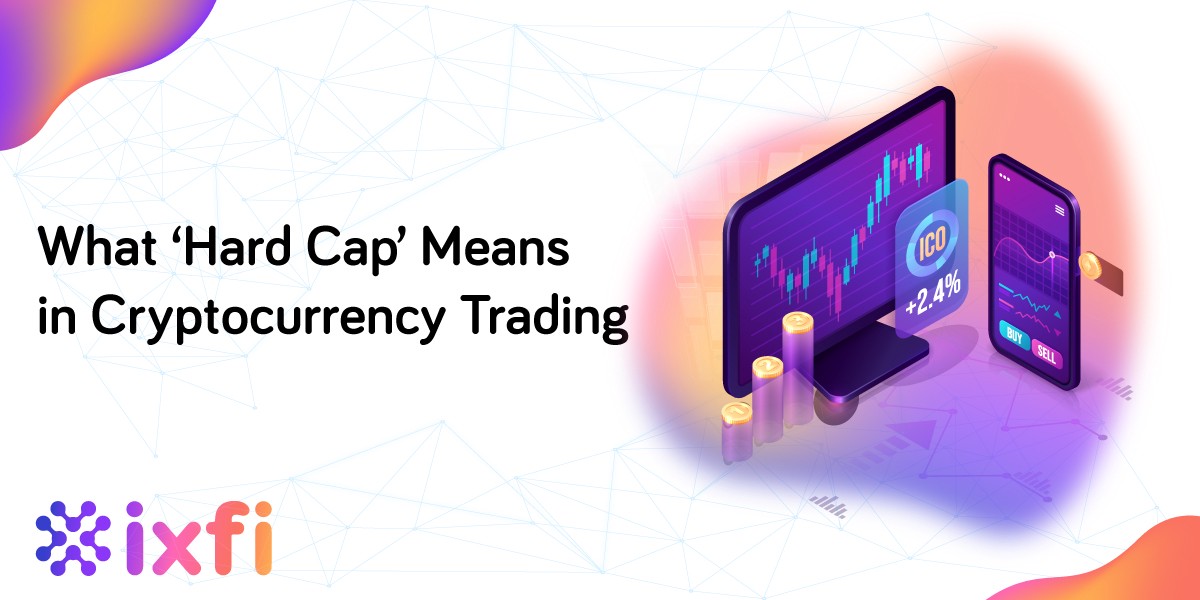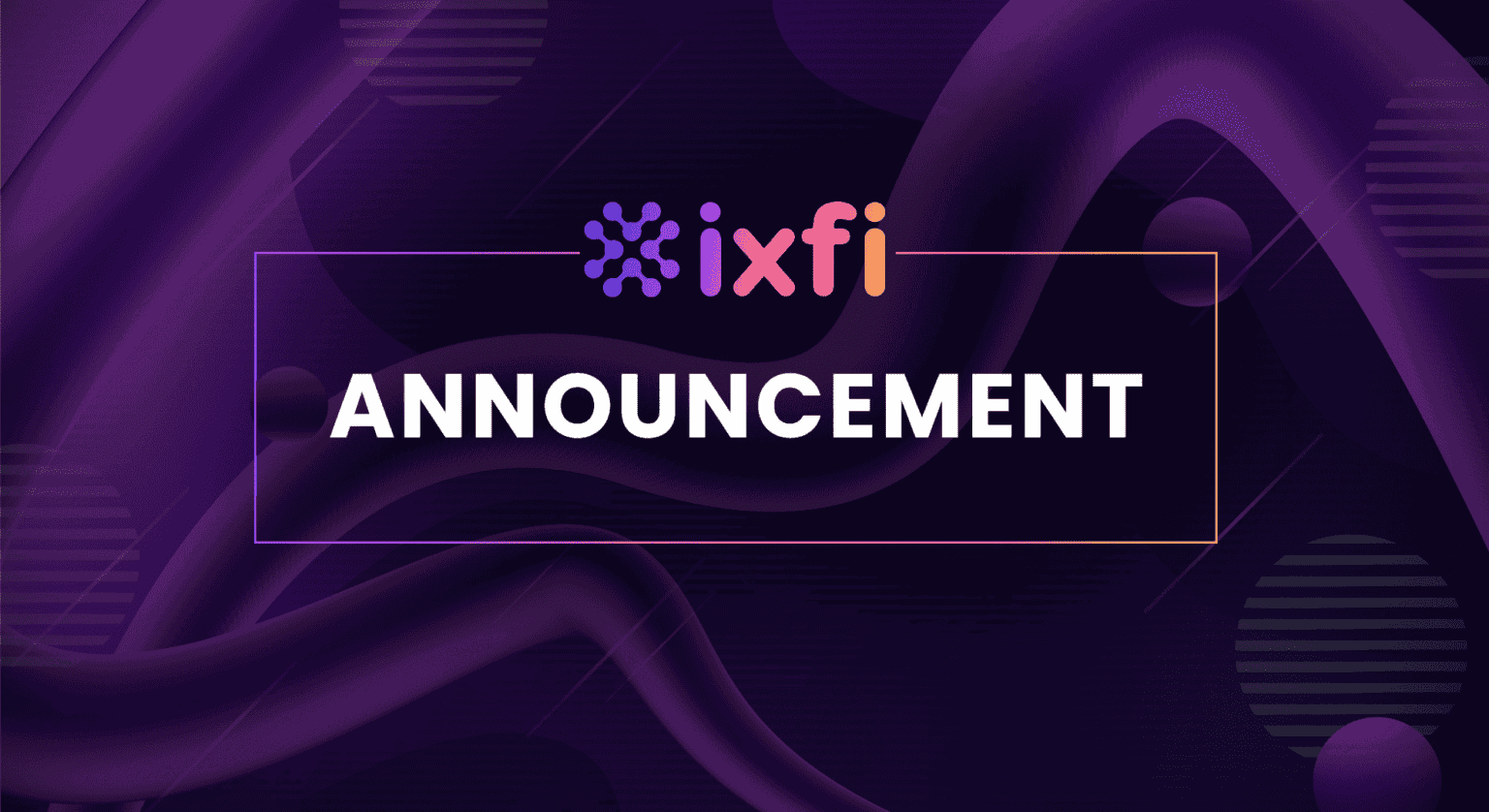It’s important always to check this factor because if the asset doesn’t have an ample total supply, it creates a deficit that increases the value of each coin. Also, it is not possible, technically speaking, to bypass this limit because the basic parameters that essentially create a new cryptocurrency need to be changed. This limitation may be altered by code errors and various system bugs or by hackers that try to withdraw more coins than there are on the wallet. However, the hard cap of a project is a well-monitored parameter, both by the project’s community and analysis websites.
The hard cap is the limit placed by a Blockchain’s code regarding the maximum supply of a specific cryptocurrency.
Why does the maximum supply matter?
The hard cap is often used along with other details and parameters to compare the market with other sectors of the broader economy. For example, Bitcoin gained the nickname “Digital Gold” due to its limited supply. It was initially designed as a digital version of gold because the supply is capped from the beginning to mimic the value of the finite amount of gold in the world. Although Bitcoin is not the only digital asset that matters in such a vast market that cryptocurrencies provide, it can be an estimated appraisal of projects.
These comparisons can be helpful but not reliable if taken separately. Various financial markets attract investors of different types, profiles, and risk sensitivity. These are not the same for everyone, so treating each economic class individually would be fair.
What types of cryptocurrencies are there, sorted by their hard cap?
We can classify cryptocurrencies by their maximum supply to make informed decisions over the next step we’re planning to make. Cryptocurrencies can have a high capitalization, with limits over $100 Billion, like Bitcoin and Ethereum. However, these are considered less risky because they have a proven track record of growth, and they often provide higher liquidity. In addition, high-cap coins can withstand a larger volume of people selling than other assets without affecting the price.
Medium cap cryptocurrencies have a limit between $1 Billion and $10 Billion. Generally, these are considered an untapped potential and a much higher risk. By comparison, low-cap cryptocurrencies have a capitalization below $1 Billion and are very risky during volatile periods and price corrections that could destabilize them.
How can the maximum supply be modified?
Once a limit is decided in the cryptocurrency’s code, that limit cannot be exceeded. Instead, there is a possibility that the maximum supply will decrease over time, becoming a deflationary asset, like Ethereum, where coins (miner fees) are burned to reduce the supply in circulation. Asset prices can rise or fall after the supply is burnt or diluted, so this measure is not accurate in increasing the value of a cryptocurrency.
A great example: The Bitcoin hard cap
You have probably heard about the maximum offer being limited to 21 Million coins in the cryptocurrency space. Currently, Bitcoin has a circulation supply of over 19 Million coins, and we will get to 21 Million thanks to network nodes that extract these coins through the mining process.
The mining operation is designed to limit the number of BTC coins issued in the decentralized database every four years. In addition, the network also uses arithmetic operators that round the decimal points to the smallest integers, so an exact number of 21 Million might not be reached. However, when the last Bitcoin is mined, it will not be possible to mine other BTC coins. Still, the transactions will remain available, validated by network nodes which will continue to receive rewards for their contribution.
Before making any decision regarding what coins to invest in, you need to be properly informed about all relevant aspects of the investment. After reaching a well-researched conclusion, you can find any of the coins you want on Your Friendly Crypto Exchange. To find out how you can easily trade, convert and swap cryptocurrencies in a safe and reliable manner, join IXFI.
Disclaimer: The content of this article is not investment advice and does not constitute an offer or solicitation to offer or recommendation of any investment product. It is for general purposes only and does not take into account your individual needs, investment objectives, and specific financial and fiscal circumstances.
Although the material contained in this article was prepared based on information from public and private sources that IXFI believes to be reliable, no representation, warranty, or undertaking, stated or implied, is given as to the accuracy of the information contained herein, and IXFI expressly disclaims any liability for the accuracy and completeness of the information contained in this article.
Investment involves risk; any ideas or strategies discussed herein should therefore not be undertaken by any individual without prior consultation with a financial professional for the purpose of assessing whether the ideas or strategies that are discussed are suitable to you based on your own personal financial and fiscal objectives, needs, and risk tolerance. IXFI expressly disclaims any liability or loss incurred by any person who acts on the information, ideas, or strategies discussed herein.


